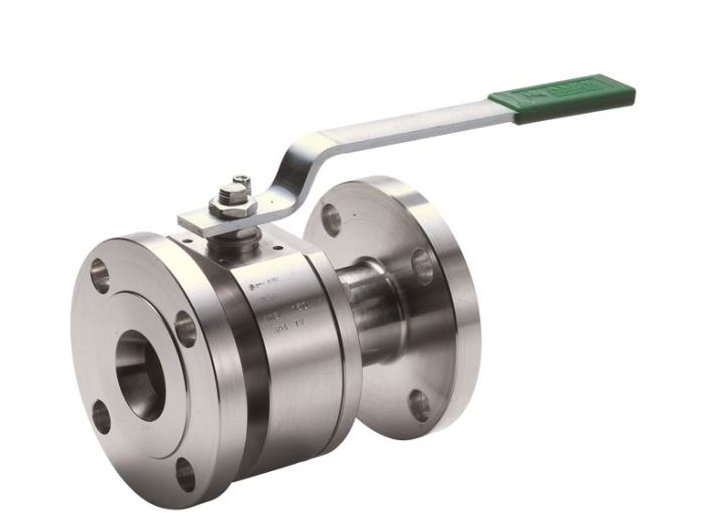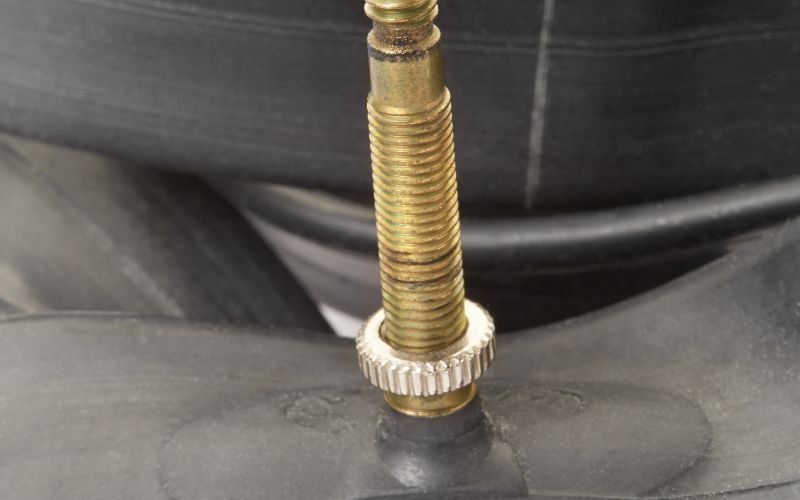
Are you in the market for a reliable valve that can handle high-pressure applications? Look no further than the forged steel floating ball valve! This type of valve is known for its durability and strength, making it ideal for use in industries such as oil and gas, chemical processing, and power generation. In this blog post, we’ll take an in-depth look at what exactly a forged steel floating ball valve is, its types, features, advantages and disadvantages to help you make an informed decision when choosing the right one for your needs. So let’s dive into the world of forged steel floating ball valves!
What is a Forged Steel Floating Ball Valve?
A forged steel floating ball valve is a type of valve that is used to control the flow of fluids in high-pressure applications. The term “floating” refers to the design of the ball, which is not fixed in place but instead floats between two seats. This allows for more flexible movement and better sealing when pressure changes occur.
Forged steel, as opposed to cast steel, is created by heating and shaping metal under intense pressure. This process creates a stronger and more durable material that can withstand higher pressures and temperatures than other types of valves.
The floating ball within the valve works by rotating 90 degrees to allow or block fluid flow through ports on either side of the valve body. When closed, the ball presses against both seats creating a tight seal that prevents leakage.
There are various types of forged steel floating ball valves available such as full bore, reduced bore or V-port depending on their intended application. They also come with different end connections such as flanged, threaded or welded ends making them versatile for use across many industries.
The construction quality and design make this type of valve an excellent choice for industrial applications where high pressures are involved because it provides durability while still ensuring efficient operation over time.
Types of Forged Steel Floating Ball Valves
Forged Steel Floating Ball Valves are available in different types, each designed for specific applications. Let’s take a closer look at the various types of Forged Steel Floating Ball Valves.
One type is the two-piece design ball valve, which has two separate pieces bolted together. This type allows for easy maintenance and repair since only one part needs to be replaced if damaged.
Another type is the three-piece design ball valve, which has three separate parts connected by bolts or threaded connections. This type allows for complete disassembly without disrupting the pipeline connection.
A top-entry ball valve features a removable bonnet that provides access to internal parts of the valve. It also makes it possible to replace components without removing the entire valve from the pipeline.
There’s a side-entry ball valve that includes an entry point on its side for maintenance purposes. The side-entry feature enables easier access to internal components when compared to other designs.
When choosing between these types of Forged Steel Floating Ball Valves, consider factors such as application requirements and installation process.
Features of Forged Steel Floating Ball Valves
Forged steel floating ball valves have unique features that make them ideal for various industrial applications. Here are some of the key features of these ball valves:
Firstly, forged steel floating ball valves have a compact design that makes them easy to install and maintain. Their simple structure also ensures they can withstand high pressures.
Secondly, these ball valves are highly durable due to their construction from high-quality materials such as stainless steel or carbon steel. This means they can operate under harsh environmental conditions without wearing out easily.
Thirdly, forged steel floating ball valves offer tight sealing capabilities ensuring no leakage during operation. The sealant material is often made from reinforced PTFE or graphite which guarantees long-lasting service life.
Fourthly, another significant feature of these ball valves is their versatility in application since they work well with various fluids including gas and liquid media.
Forged steel floating ball valves come in different sizes ranging from small to large sizes allowing for numerous customization options depending on the required flow rates and pressure ranges.
Understanding the unique features of forged steel floating ball valve will help you choose the right one suitable for your specific needs.
Advantages of Forged Steel Floating Ball Valves
Forged Steel Floating Ball Valves offer several advantages over other types of valves. These valves are designed to provide a tight seal, which makes them ideal for use in applications where leakage can cause significant problems.
One of the main advantages of Forged Steel Floating Ball Valves is their durability. They are made from high-quality materials that can withstand extreme temperatures and pressure, making them suitable for use in harsh environments such as chemical plants and oil refineries.
Another advantage of Forged Steel Floating Ball Valves is their ease of maintenance. Since they have few moving parts, they require minimal maintenance and can be easily repaired if necessary.
Forged Steel Floating Ball Valves also offer excellent flow control capabilities. The ball inside the valve rotates freely, allowing for precise regulation of fluid flow through the pipeline.
In addition to these benefits, Forged Steel Floating Ball Valves are also cost-effective compared to other types of valves due to their long service life and low maintenance requirements.
Forged Steel Floating Ball Valves offer a range of advantages that make them an attractive choice for various industrial applications.
Disadvantages of Forged Steel Floating Ball Valves
Although forged steel floating ball valves have many advantages, they also come with some disadvantages that need to be considered when choosing the right valve for a specific application.
One of the main drawbacks is their higher cost compared to other types of ball valves. The forging process makes them more expensive to manufacture than cast iron or stainless steel materials.
Another disadvantage is their limited temperature range. Forged steel floating ball valves are not suitable for use in extremely high or low temperatures as they can become brittle and prone to failure.
Maintenance can also be an issue as these valves require regular lubrication and cleaning to prevent corrosion and ensure smooth operation. This may increase downtime and maintenance costs over time.
These valves may not be suitable for certain applications where there are high levels of abrasion or erosion present. In such cases, specialized coatings or material options should be considered instead.
While forged steel floating ball valves offer many benefits, it’s important to consider their potential disadvantages before making a final decision on which type of valve best suits your needs.
How to Choose the Right Forged Steel Floating Ball Valve
When it comes to choosing the right forged steel floating ball valve, there are several factors that you need to consider. Here are some of the key things that you should keep in mind:
- Valve Size – The size of the valve is an important factor when choosing a forged steel floating ball valve. You will need to ensure that it fits correctly with your pipes and other components.
- Pressure Rating – It’s also essential to choose a valve with a pressure rating that matches your requirements. If the pressure rating is too low, it can result in leakage or even failure.
- Material – Forged steel has high strength and durability, but different grades of steel may be suitable for different applications depending on temperature, corrosion resistance, etc.
- End Connections – The end connection type needs to fit with your pipeline system; typically flanged ends are used for larger valves while smaller ones may use threaded or socket weld ends.
- Quality Standards – Ensure that the manufacturer complies with relevant quality standards such as API 6D/ISO 14313, ANSI B16 Standards & NACE MR0175/ISO15156 if required.
By considering these factors when selecting a forged steel floating ball valve, you can ensure long service life and minimal maintenance downtime from this critical component in your pipeline system!
Conclusion
The Forged Steel Floating Ball Valve is a highly reliable and durable valve that can be used in various industries. Its unique design allows for smooth operation and minimal friction, making it a popular choice among engineers.
When selecting a forged steel floating ball valve, it’s important to consider factors such as pressure ratings, temperature limitations, material compatibility, and application requirements. Consulting with experts in the field can help ensure that you choose the right valve for your specific needs.
The benefits of using forged steel floating ball valves far outweigh any potential disadvantages. With their superior performance capabilities and long service life, they are an excellent investment for any facility looking to improve its operations while minimizing downtime and maintenance costs.


